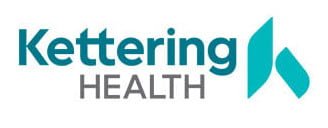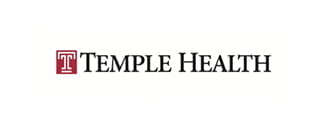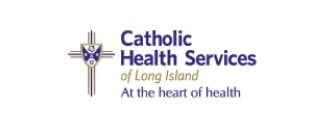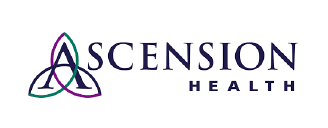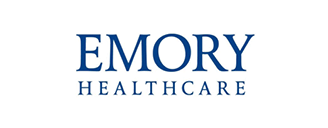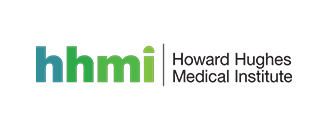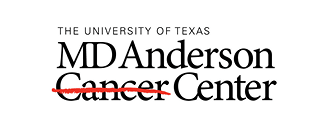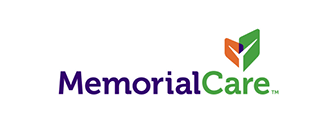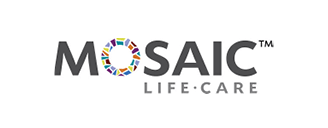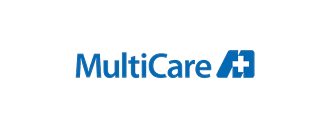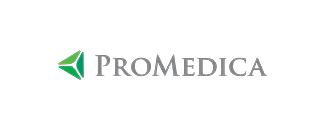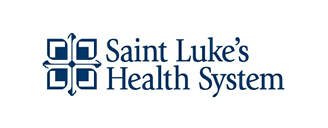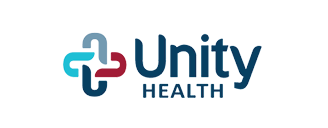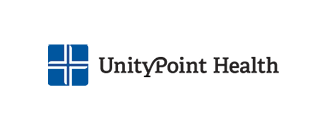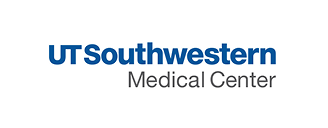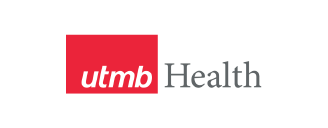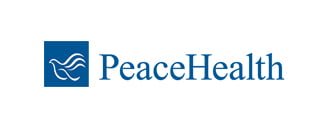The pandemic taught us anything can happen
Supply chain complexities in healthcare have become more prevalent in recent years. Between the COVID-19 pandemic, staff shortages, and inflation, it’s been a challenging period for healthcare providers.
Underlying all of that, the pandemic brought on supply chain disruptions that have been exacerbated by geopolitical instability and trade tensions.
Consider the supply chain effects outlined in a recent survey by KaufmanHall:
- Only 9% of respondents said they have not experienced any disruptions
- 71% are experiencing distribution delays
- 58% are encountering issues with raw product and sourcing availability
- 50% report problems with reliance on non-domestic suppliers
Confront the issues and formulate a plan
By focusing on supply chain issues, providers can help mitigate the effects of other challenges like inflation and staffing. Here are actionable steps you can take to navigate supply chain complexities in healthcare:
PRIORITIZE
The most proactive organizations set a high organizational commitment and view supply chain resilience as a foundational competitive advantage. “Organizations that build highly resilient supply chains invest in holistic solutions to digitize their supply chains and spend wisely on people, operations, and technology,” according to Deloitte.
COMMUNICATE
Build a proactive supply chain disruption communication plan for your health system. That means reaching out to suppliers, identifying substitutes, creating a data-driven collaborative planning and execution model, and stockpiling a critical supply of life-saving PPE. Working closely with supply chain vendors is key to understanding and managing disruptions and can help mitigate their impact. We share more insights on the topic here.
CONTROL COSTS
Health systems need to find ways to control costs where they can and optimize revenue-generating areas like the OR and specialty pharmacy. KaufmanHall recommends increasing oversight of purchased services via executive engagement, accountability, and organizational transparency.
EMBRACE TECHNOLOGY
Many organizations are addressing supply chain challenges by employing technology as part of a more holistic approach, according to Deloitte. Technology is a “crucial enabler of resilience through supply chain digitization.” Cloud-based solutions, like our Supply Chain Visibility Platform, can optimize shipping processes, track products, and monitor performance for both inbound and outbound. Our software allows health systems to choose the right carrier for every shipment and offers seamless electronic invoicing that ensures every dollar is accounted for. By collecting data and managing costs, we unlock hidden savings opportunities.
FOCUS ON STANDARDIZATION
Ensure timely delivery of supplies to multiple sites by standardizing supplies, improving logistics, and automating inventory tracking systems, according to KaufmanHall. Providers should take control of their supply chains by using automation and cloud-based solutions that will enable them to forecast and plan to avoid out-of-stock situations.
Disruptions are inevitable, it’s all about how you handle them
It’s a difficult operating environment, but strategic actions can be taken to mitigate the effects and turn your supply chain from a liability to an asset. Healthcare providers can mitigate supply chain challenges by prioritizing resilience, communication, cost control, embracing technology, and standardization.
These recommended actions have an impact on healthcare’s most important stakeholder: patients. An inefficiently run operating room can lead to procedure cancellations, long waiting lists, and readmissions. Specialty pharmacies risk patient leakage if they’re not getting the meds their physicians want and shipping them accurately and quickly.
Download our Resiliency Playbook to discover how you can build a more resilient hospital supply chain.

